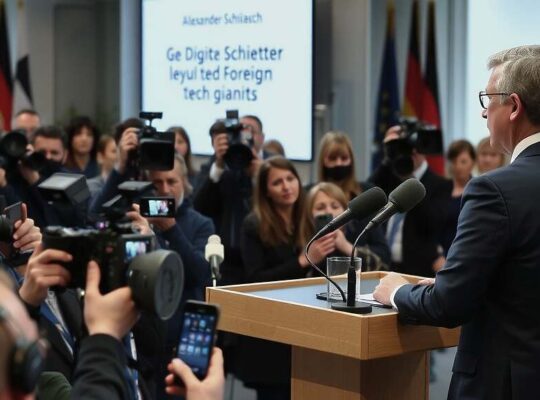A proposed tax bonus for overtime pay, championed by the German government as part of its coalition agreement, is facing increasing criticism for its limited impact and perceived inadequacy. A recent analysis by the Böckler Foundation, a think tank affiliated with trade unions, reveals the initiative will likely benefit a remarkably small fraction of the workforce, raising questions about its efficacy and political motivations.
The foundation’s calculations, based on detailed earnings statistics and reported by “Süddeutsche Zeitung”, indicate that just 1.4% of German employees will actually experience any tangible benefit from the proposed measure. The vast majority are excluded, often because they accumulate overtime hours through alternative systems like time-off accounts rather than receiving direct overtime pay.
For those who “do” qualify, the bonus remains negligible. The average uplift is estimated at just €1.35 per overtime hour worked – a sum deemed by the Böckler Foundation to be insufficient to fulfill the original intent of the policy.
The proposal, initially presented by the Christian Democratic Union (CDU) as a reward for performance and a means of incentivizing productivity, now appears to be a largely symbolic gesture. Critics argue that the minuscule benefit undermines its intended purpose and risks being perceived as a superficial attempt to appease voters.
The foundation’s findings expose a disconnect between the political rhetoric surrounding the bonus and its practical consequences. The limited scope of the policy invites scrutiny regarding the government’s priorities and raises concerns that a significant portion of the population will feel ignored by this initiative. Furthermore, labor unions are likely to leverage the findings to highlight the need for more substantial reforms addressing broader issues of fair compensation and working conditions.












